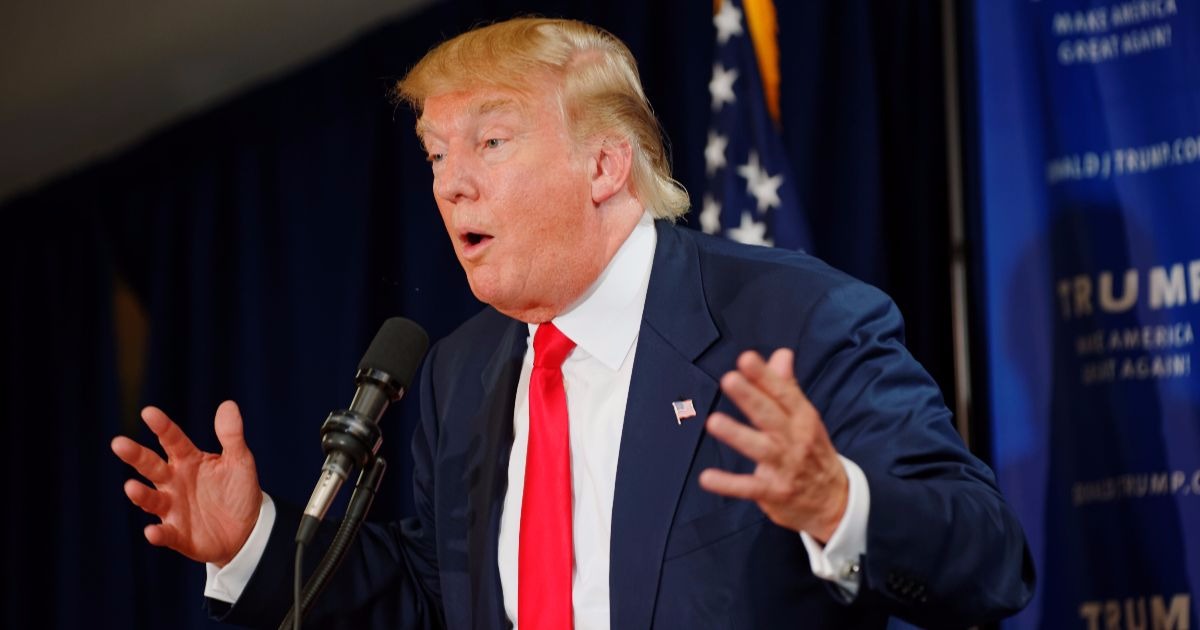
New U.S. Sanctions Can Deal a Severe Blow to Russian Economy in 2018
New ‘Black swan’ for the ruble, jail sentence for ex-economy minister, Russian hacker’s U.S. election confession and a new investor in Snap

1. New U.S. sanctions could bring down the ruble in 2018
What happened
The extension of U.S. sanctions on Russian sovereign debt is a “black swan” for the Russian economy in 2018, Bank of America Merrill Lynch said in a Thursday report.
Analysts said the likelihood of the sanctions being extended is low, but if imposed, foreign investors could dump large stakes in the Russian market and the ruble could depreciate dramatically — similar to the events of December 2014, when the ruble lost almost 30 percent of its value in just 10 days.
Why the world should care
For the first time since 2014, Western sanctions could deal a severe blow to the Russian economy.
The country has coped with sanctions relatively well until now, but another hit to the national currency would hurt the average Russian and could undermine popular support for the Kremlin.
2. Ex-economy minister gets 8-year jail term for hardly proven bribery
What happened
Former Russian economy minister Alexey Ulyukayev was found guilty and sentenced for 8 years in prison for extorting a $2 million bribe from Igor Sechin, the CEO of the largest Russian oil company Rosneft, and one of the most influential people in the country.
- The economy minister was arrested in November 2016 after Sechin in a sting operation under FSB surveillance handed him over a bag containing the money. Rosneft CEO testified that Ulyukayev had asked him for a ‘gratitude’ for approving the sale of a state-controlled oil company Bashneft to Rosneft in a $5 billion privatisation deal.
- Ulyukayev denied the charges and said he was framed by Sechin in a “monstrous and cruel provocation”.
- The whole case was based solely on Sechin’s evidence, although he defied the court, not appearing to give evidency personally.
Why the world should care
Ulyukayev is the highest ranked official to be jailed in Russia in the last 30 years. A harsh sentence demonstrates that the so-called siloviki, acting and former (like Sechin) security service officers, maintain their grip on power in Russia. The trial itself will be remembered for Ulyukayev’s final words (an English translation), a confession of moral compromises of a Russian government official.
3. The Bell scoop: Jailed Russian hacker claims responsibility for U.S. election cyber-attacks
What happened
A Russian hacker charged with breaking into bank accounts has claimed in court that he was directed by the Federal Security Service (FSB) to hack into DNC servers and Hillary Clinton’s campaign emails during the U.S. elections last year, the Bell has learned. Kozlovsky’s story made the headlines in the U.S., here’s an account by The Times, Fortune and Newsweek.
The hacker’s testimony, written in jail, is unproven and could be part of an attempt to avoid a prison term.
Why the world should care
Konstantin Kozlovsky’s testimony is the second Russian account of the cyber-attacks on the U.S. 2016 election. Earlier, the Bell reported that a treason case against top FSB officials might have involved the leaking of information on hacking to U.S. intelligence.
4. The Bell scoop: Russian billionaire probed for tax evasion invested in Snap
What happened
Russian lawmaker and billionaire Suleiman Kerimov invested in Snap, the developer of the Snapchat messaging app, just before its $18 billion IPO which upset the market.
Kerimov reportedly invested $200 million. One of Russia’s richest people, worth $6.3 billion, Kerimov is now under investigation in France, having been accused of tax fraud and laundering up to €750 million, part of which investigators say he brought to Nice in suitcases.
Why the world should care
Kerimov is not the only Russian billionaire investor in Silicon Valley. Russia’s fifth wealthiest man Alisher Usmanov (worth an estimated $15.5 billion) was an early investor in Facebook after buying a 10-percent share in 2009 together with venture capitalist Yury Milner.
Other Russian Silicon Valley investors include the owner of a major Russian port, Ziyavudin Magomedov, also an investor and chairman at Hyperloop One. and the former owner of Russia’s largest beverage company Gavriil Yushvayev, who has shares in Lyft.
5. Opposition candidates are into the 2018 presidential campaign
What happened
As the Federation Council is set to kick off the presidential election campaign on Friday, opposition candidates are increasingly finding themselves in the spotlight
- Ksenia Sobchak, the reality television star, socialite and daughter of Putin’s deceased mentor, had three appearances on state TV this week. Her most recent was at Putin’s annual press conference, where Sobchak asked why the authorities won’t let her rival opposition candidate Alexei Navalny run for president. Putin avoided giving a direct answer, saying that “the absolute majority of Russians don’t want any part of this.”
- A day before Putin’s conference, Navalny released a detailed campaign platform. The candidate wants to triple the minimum wage, cut taxes for small businesses and introduce a luxury tax and a new “oligarch tax” on state resources privatized in the 1990s. The program would cost $130 billion, which Navalny says he will fund by clamping down on corrupt government purchases.
Why the world should care
There is little doubt that Putin will win the 2018 election. Sobchak is widely seen as a candidate who the Kremlin is relying on to split support for Navalny, who is unlikely to be allowed to run. But the 2018-2024 presidency is likely to be Putin’s last term. And both Sobchak and Navalny are trying build up momentum.
Peter Mironenko, The Bell editor




